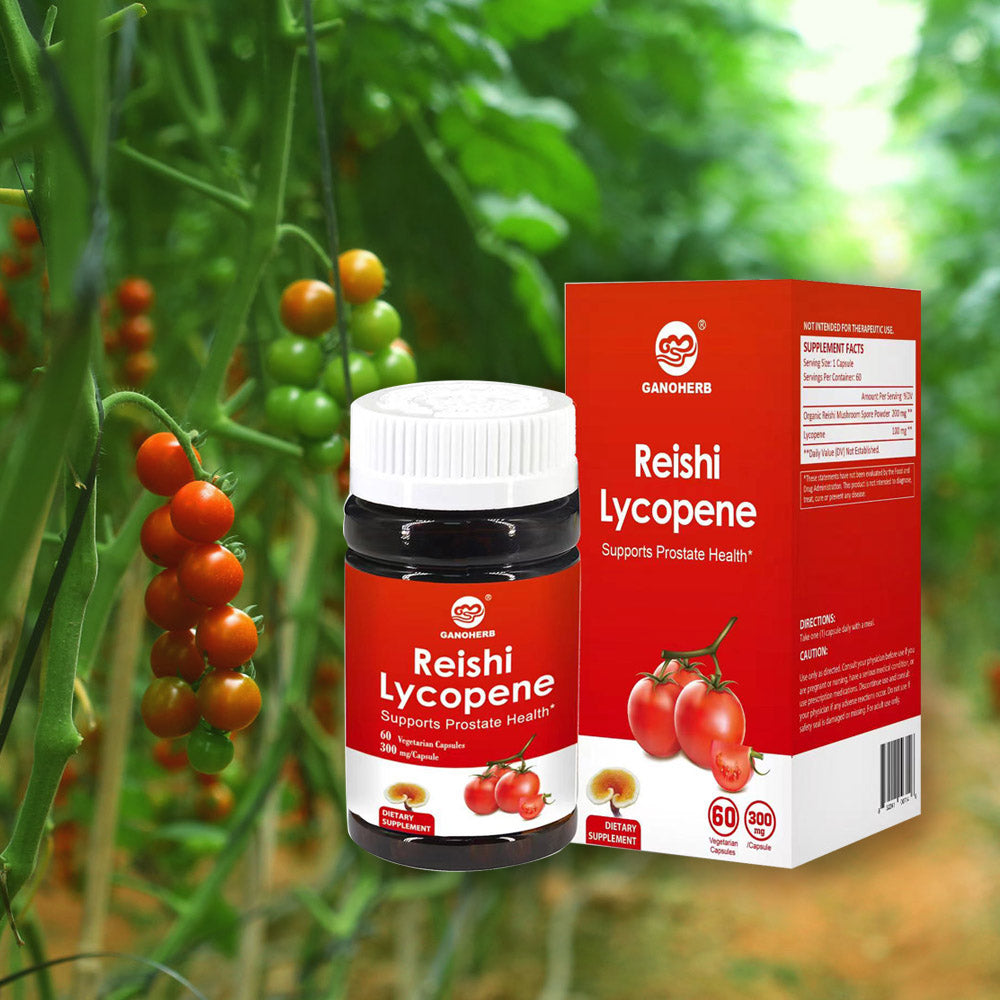What is Mushroom Immune Support? A Deep Dive into Nature's Network
In the realm of natural wellness, one topic continues to grow in popularity and intrigue: mushroom immune support. But what does this phrase truly mean? It’s not about a single magic bullet, but rather about understanding how certain functional mushrooms interact with the body's own intricate systems. This article explores the fascinating world of mushrooms, not as a food, but as a complex supporter of the body's natural defense network. We'll break down the science, the key players, and how you can thoughtfully incorporate them into your routine.

The Core Concept: Beta-Glucans and Communication
At the heart of mushroom immune support lies a unique type of complex carbohydrate called beta-glucans. These are not your average sugars; they are long-chain polysaccharides with a specific structural pattern. Think of them as intricate keys.
The body possesses a vast network of cells constantly monitoring and communicating. Specialized sentinel cells are designed to recognize specific patterns, much like locks. The beta-glucans found predominantly in the cell walls of medicinal mushrooms are a key that fits these locks. When consumed, these beta-glucans travel through the system and interact with these sentinel cells. This interaction is not a command but a form of communication. It provides information, helping to keep these cellular sentinels alert and responsive. This process of nuanced interaction is the fundamental mechanism behind the concept of mushroom immune support.
Star Players: Mushrooms Known for Their Properties
While many mushrooms contain beneficial compounds, a few are particularly renowned for their role in this supportive network.
Reishi (Ganoderma lucidum): Often called the Queen of Mushrooms, Reishi is highly valued. It contains a wide array of beta-glucans and triterpenes, which are studied for their ability to interact with various bodily pathways, contributing to its supportive reputation.
Chaga (Inonotus obliquus): This dark, crusty mushroom that grows on birch trees is packed with a massive concentration of antioxidants and a diverse blend of beta-glucans. It is traditionally used to promote overall vitality and natural defense mechanisms.
Turkey Tail (Trametes versicolor): Perhaps the most researched mushroom for supportive care, Turkey Tail contains a unique polysaccharide complex called PSK (Polysaccharide-K). Its vibrant, multi-colored rings make it easily identifiable, and its properties are a major focus of scientific interest.
Cordyceps (Cordyceps militaris): Famous for its energy-promoting qualities, Cordyceps also plays a role in the body's defense network. It supports the body's adaptability to various external challenges, making it a favorite among athletes and active individuals.
Lion's Mane (Hericium erinaceus): While primarily celebrated for its cognitive benefits, Lion's Mane also contains powerful beta-glucans that contribute to the overall communication within the body's systems, demonstrating that support is often holistic.
From Forest to Formula: Extraction and Bioavailability
A crucial, often overlooked aspect of mushroom immune support is bioavailability. Simply eating a raw Reishi mushroom or brewing a chunk of Chaga in hot tea is inefficient. The chitin in mushroom cell walls makes the beneficial compounds difficult for the human digestive system to access.
This is where extraction becomes paramount. There are two primary methods:
Hot Water Extraction: This method uses hot water to break down the chitinous cell walls and pull the water-soluble compounds, primarily the beta-glucans, into a solution. This creates a concentrated extract that is highly bioavailable.
Dual Extraction: Some mushrooms, like Reishi, contain both water-soluble (beta-glucans) and alcohol-soluble (triterpenes) compounds. A dual extraction uses both hot water and alcohol to create a full-spectrum extract that captures the complete range of the mushroom's supportive compounds.
When choosing a product, looking for labels that specify extract and list the beta-glucan content is key to ensuring you are getting a potent and effective supplement.

Incorporating Mushroom Supplements into a Routine
Adding mushroom immune support to your daily life is straightforward. Supplements come in various forms to suit different preferences:
Capsules and Tablets: This is the most convenient and precise method, offering a measured dose without any taste.
Powders and Mixes: Mushroom powder extracts can be easily blended into coffee, smoothies, teas, soups, or other foods. This allows for flexibility but often comes with an earthy flavor.
Tinctures and Liquids: Alcohol-based tinctures offer rapid absorption. They can be taken directly under the tongue or added to a small amount of water.
Consistency is more important than large, single doses. Incorporating a daily routine allows for sustained interaction with the body's systems.
Addressing Common Questions and Considerations
As interest grows, so do questions. Here are some common points of consideration.
Q: Are there any feelings of discomfort when starting mushrooms?
A: Some individuals might experience a brief period of adjustment as their body's systems respond to the new information from the beta-glucans. This is typically temporary and subsides quickly. Starting with a lower dose and gradually increasing it can help the body adapt smoothly.
Q: Can I take multiple mushroom types together?
A: Absolutely. Many people create stacks by combining different mushrooms to target multiple aspects of well-being simultaneously. For example, combining Cordyceps for energy with Reishi for calm focus is a popular synergy. There is no known conflict between different functional mushroom species.
Q: How long does it take to notice a difference?
A: This is highly individual. Unlike stimulants that provide an immediate feeling, the support from mushrooms is subtle and foundational. Some may notice changes in energy or resilience within a few weeks, while for others, it may take a couple of months of consistent use to observe the more nuanced benefits.
Q: Are functional mushrooms safe for everyone?
A: While generally regarded as safe, individuals with known allergies to mushrooms should obviously avoid them. Those with specific autoimmune conditions or who are pregnant or nursing should consult with a healthcare professional before introducing any new supplement.
Q: How do I choose a high-quality mushroom supplement?
A: Look for brands that are transparent about their sourcing and production. Key indicators of quality include: use of organic mushrooms, specification of the fruiting body (not just mycelium grown on grain), mention of extraction methods (hot water or dual extraction), and standardization to beta-glucan content on the label.
Mushroom immune support represents a fascinating convergence of traditional wisdom and modern science. It is not about a cure or a guaranteed shield but about providing the body with sophisticated tools for communication and maintenance. By understanding the role of beta-glucans, choosing high-quality, extracted products, and incorporating them consistently, we can engage with an ancient natural system designed to help our own innate networks function with greater balance and resilience. It’s a powerful example of how partnering with nature can help us feel our best.











